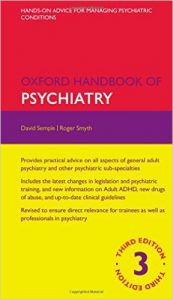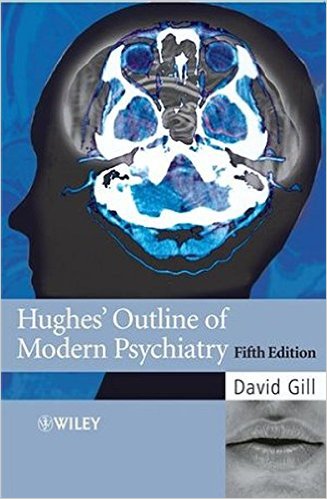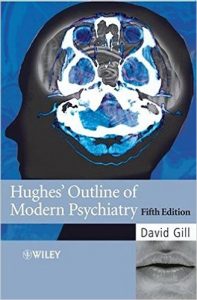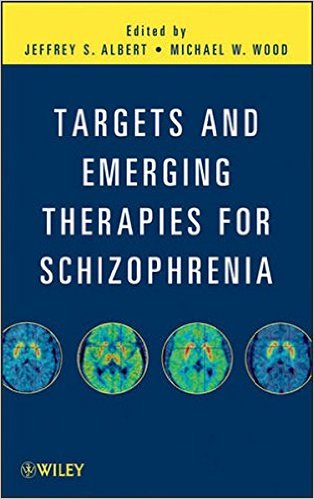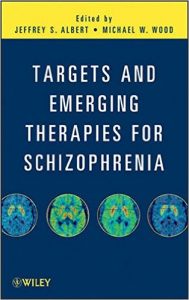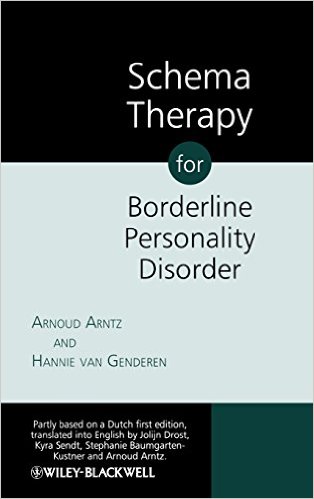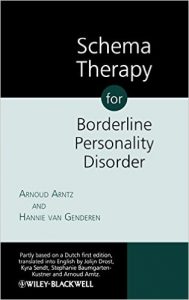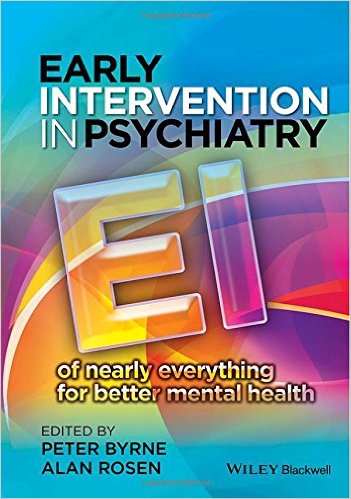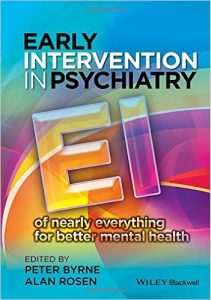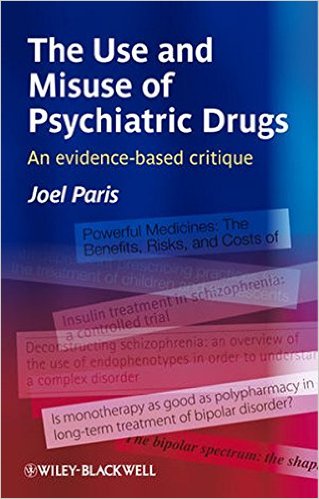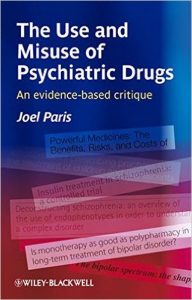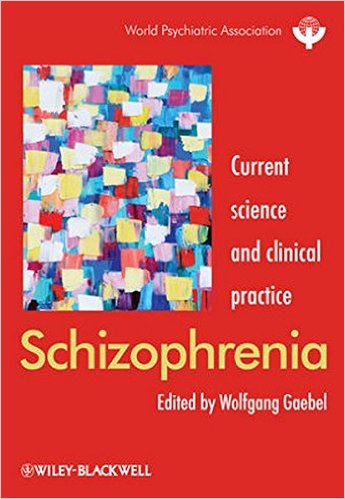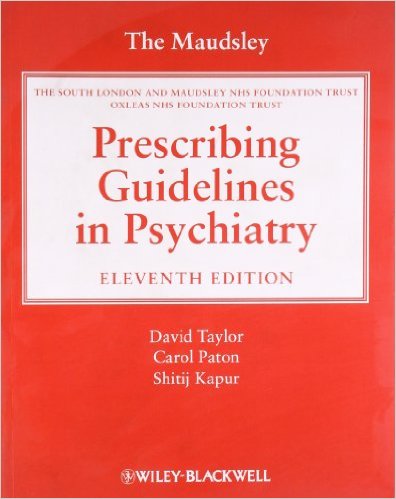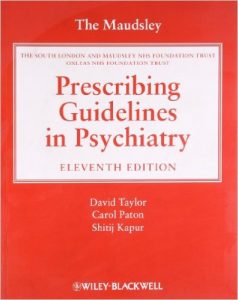Psychiatry: A Very Short Introduction 1st Edition
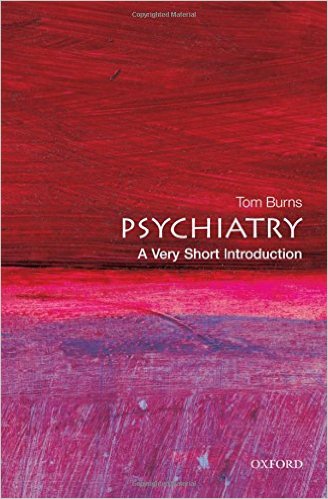
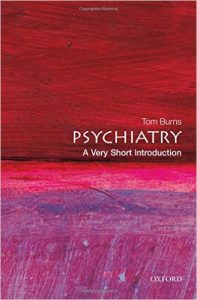
[amazon template=iframe image2&asin=0192807277]
Psychiatry is increasingly a part of everyday life. The growing number of patients being diagnosed with depression, ADD, alcoholism, and other illnesses mean that few people are not touched by it. This book provides a valuable and comprehensible introduction to the subject. It starts with the history of its development as a scientific field, including the identification of major mental illnesses, the rise and fall of the asylum system, and the flourishing of psychoanalysis and other psychotherapies. More than any other branch of medicine, psychiatry has been attacked and criticized. There is a long list of perceived horrors–patient abuse, bizarre medical experiments, mind-control by evil governments, coercion by maniacal hypnotists. Modern psychiatry brings with it new controversies, such as the perceived over-prescription of antidepressants and behavior modifiers for children and teens, or unchecked marketing power of drug companies. This book does not draw conclusions on these issues, but rather provides the reader with a clear understanding of what psychiatry is, and what it does, so that they can draw their own. It is a great reference for anyone with an interest in mental illness and its treatment, students of psychiatry, medicine, psychology, and history of science, and health professionals.
DOWNLOAD THIS BOOK FREE HERE


